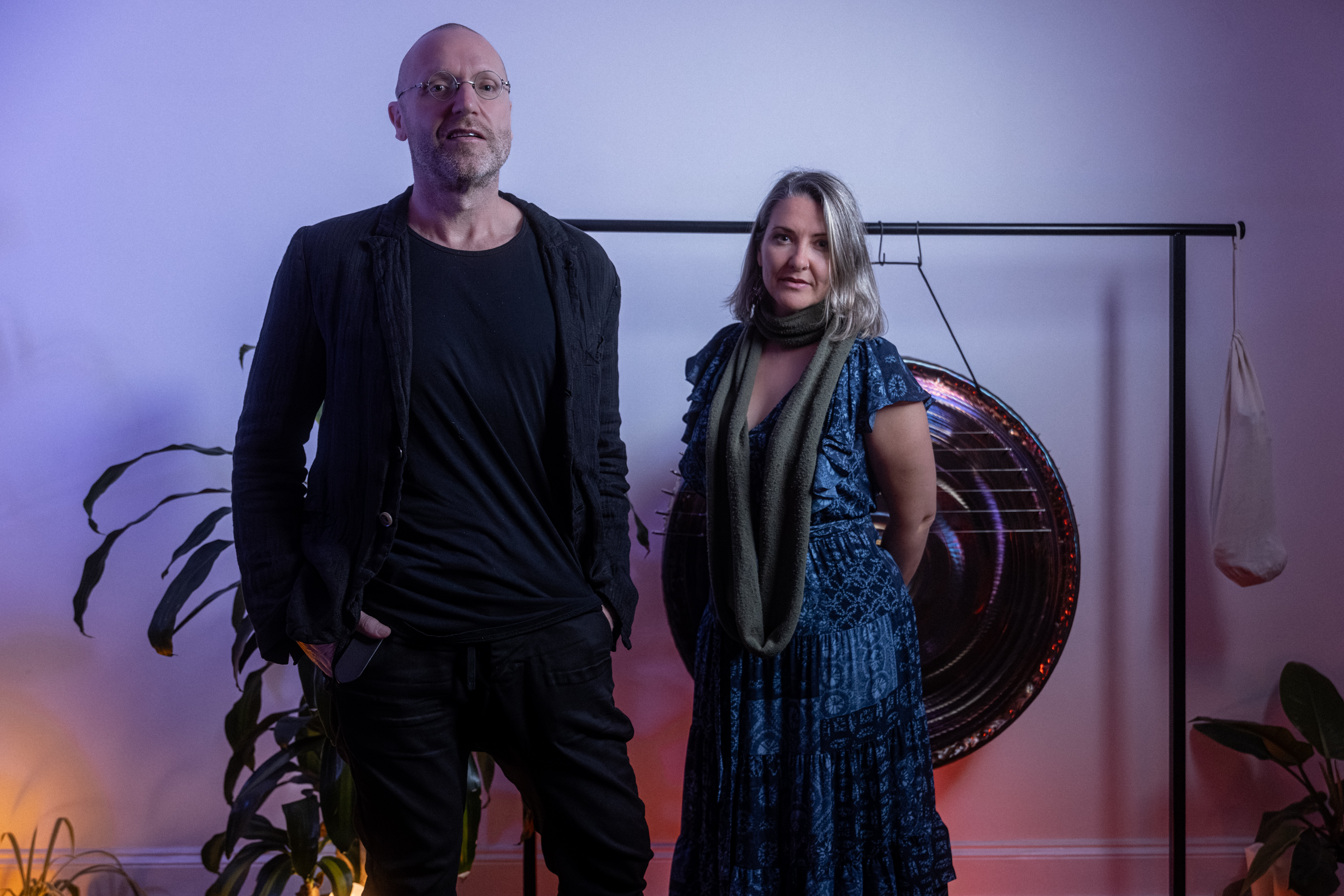Australia-first trial shows promising results for psychedelic-assisted therapy in palliative care

Australia’s first clinical trial of psychedelic-assisted therapy has found the treatment can deliver rapid and sustained reductions in depression and anxiety for people with advanced, life-threatening illnesses, along with improved quality of life and spiritual wellbeing.
Conducted at St Vincent’s Hospital Melbourne between January 2020 and October 2023, the trial examined the use of psilocybin — a naturally occurring compound found in some species of mushrooms — in combination with psychotherapy for 35 participants living with advanced illness.
Led by clinical psychologist Dr Margaret Ross and psychiatrist Dr Justin Dwyer, the study is also the first in the world to offer psilocybin-assisted therapy to patients with non-malignant, life-threatening conditions such as motor neurone disease and advanced heart disease, as well as cancer.
Pioneering study highlights positive effects on mental wellbeing
The trial aimed to address debilitating death-related anxiety and depression often experienced by palliative care patients. Participants took part in two treatment sessions several weeks apart — the first involving a randomised, controlled dose (either psilocybin or a placebo), and the second involving psilocybin for all participants. Both sessions were accompanied by a structured program of psychotherapy before and after dosing.
Improvements were often observed within 24 hours, with many participants reporting sustained gains in mood, outlook, and wellbeing for up to six months after treatment.
Dr Ross said the findings, published in General Hospital Psychiatry, hold both clinical importance and profound personal relevance for those receiving end of life care.
“We often see people in palliative care carrying an immense emotional burden: distress, hopelessness, and a deep sense of anticipated loss,” Dr Ross said.
“In this trial, we saw reductions in depression and anxiety, but also improvements in quality of life, relationships, and a renewed sense of connection to the world. For some, it touched the very core of their fears about death.”
Long-term benefits seen in palliative care patients
Dr Ross added that the benefits were often maintained well beyond the treatment sessions.
“At two months, and again at six months, many participants were still reporting the same positive shifts they had felt shortly after treatment, even though most were very unwell,” she said.
Dr Dwyer stressed that the treatment is not simply about taking a drug.
“Psilocybin on its own is not the therapy, it works in combination with psychotherapy,” Dr Dwyer said.
Dr Dwyer noted that the process can be emotionally challenging.
“It’s not a passive treatment. Patients often confront powerful emotions and memories. The safety, structure, and support of the therapeutic setting are essential to making it beneficial,” Dr Dwyer said.
Building on psychedelic-assisted therapy research
Both clinicians emphasised that while the results are promising, psychedelic-assisted therapy is still in its early stages as a medical treatment.
“For people facing advanced illness with few treatment options for their psychological distress, this approach offers something potentially life-changing,” Dr Ross said.
“But it’s not suitable for everyone, and we need more research to understand how to deliver it safely and effectively.”
The trial’s findings contribute to the growing body of international evidence supporting the careful, clinically supervised use of psychedelic-assisted therapy to address mental health challenges in palliative care.
During the trial Dr's Ross and Dwyer worked with Emmy award winning filmmaker and artist Lynette Wallworth who followed two of their patients as they navigated extraordinary transformations as a result of their therapeutic psilocybin sessions. Lynette has a long relationship with the Yawanawa people of the Brazilian Amazon which opened the door for the doctors to travel to the Amazon to experience first hand traditional uses of these types of medicines. Those experiences, the doctors and the patients, have now resulted in a remarkable film called EDGE OF LIFE which will premiere at the Adelaide Film Festival on October 18, followed by a release in cinemas nationally early in 2026.